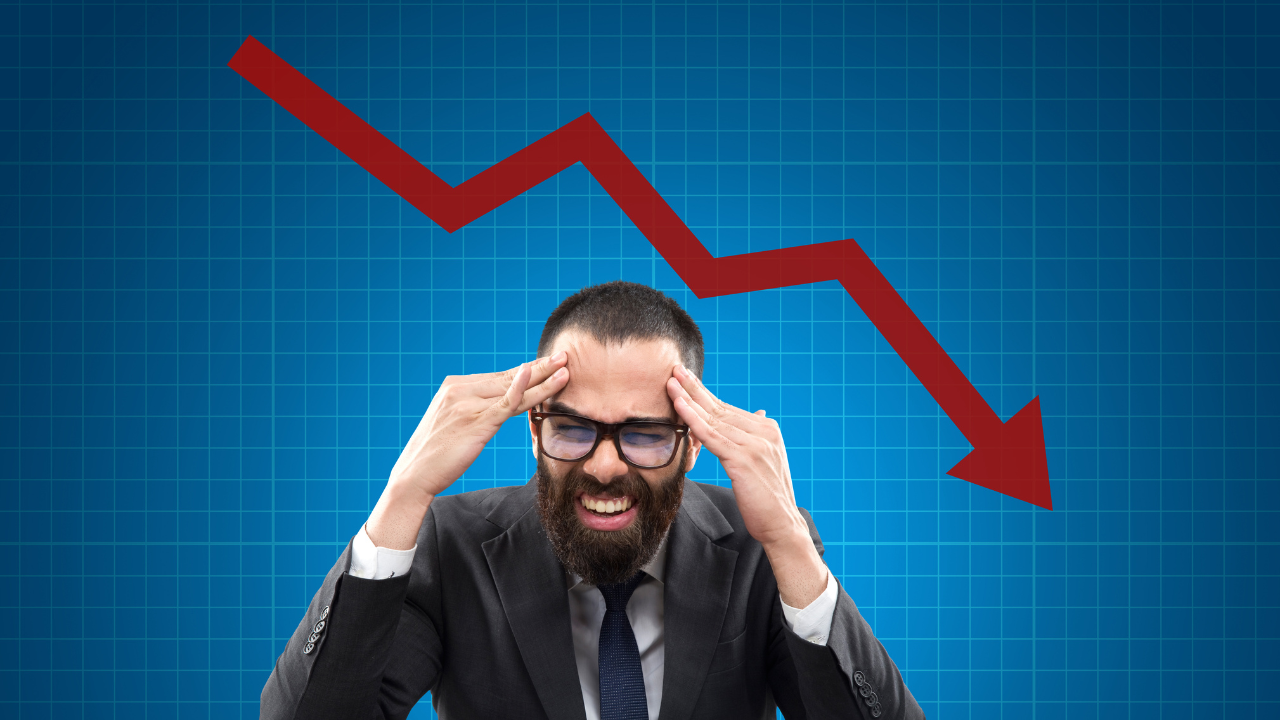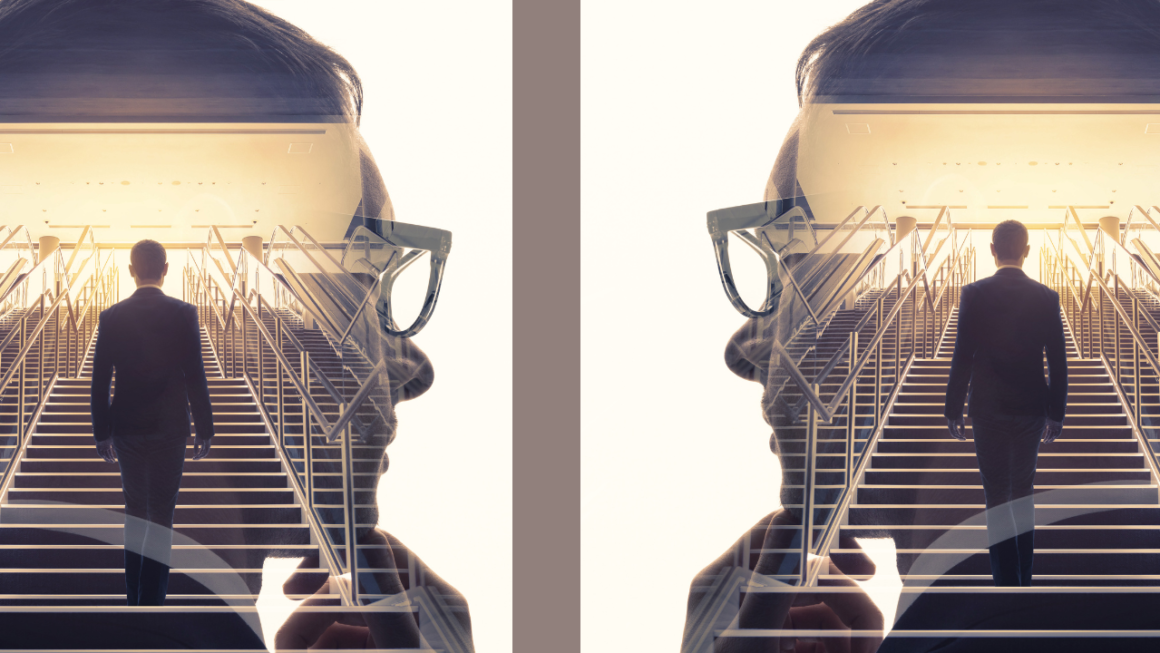The history of stock market crashes is a long and complex one, marked by numerous major events that have shaped the global financial landscape. These crashes have had far-reaching consequences, affecting not only the stock market itself but also the broader economy and millions of individuals around the world.
One of the most famous stock market crashes in history occurred in 1929 when the stock market in the United States experienced a massive collapse that is widely considered to have triggered the Great Depression. On October 29th, 1929, the stock market suffered a massive loss of confidence, as investors began to sell off their stocks en masse. This selling spree caused the market to lose nearly 25% of its value in a single day, and over the next few years, the market lost a staggering 89% of its value.
The Great Depression was one of the most devastating economic events in modern history, and it had far-reaching consequences for millions of people around the world. The collapse of the stock market was one of the key factors that led to the depression, as it caused a widespread loss of confidence in the economy and a sharp reduction in consumer spending. This, in turn, led to widespread job losses, business closures, and widespread poverty.
Since the Great Depression, there have been several other major stock market crashes, including the 1987 stock market crash, the dot-com bubble of the late 1990s, and the financial crisis of 2008. These crashes have been triggered by a variety of factors, including economic recessions, rising interest rates, and changes in government policies.
The impact of these crashes on the economy can be significant and far-reaching. When a stock market crashes, it can cause a widespread loss of confidence in the economy and a sharp reduction in consumer spending. This can lead to job losses, business closures, and a decline in economic growth. The decline in consumer spending can also trigger a downward spiral in the economy, as businesses are forced to cut back on production, leading to even more job losses and economic hardship.
In addition to the direct impact of stock market crashes on the economy, they can also have a significant impact on the financial system. For example, the 2008 financial crisis was caused in part by the collapse of the housing market, which was directly linked to the stock market. As the value of housing assets declined, so did the value of the securities that were based on them, leading to a widespread loss of confidence in the financial system and a sharp contraction in credit.
Despite the devastating impact of stock market crashes, they can also provide opportunities for investors who are willing to take risks. After a crash, the stock market is often oversold, providing an opportunity for investors to buy stocks at a lower price and potentially realize significant gains when the market recovers.
In conclusion, the history of stock market crashes is a long and complex one, marked by numerous major events that have shaped the global financial landscape. These crashes have had far-reaching consequences, affecting not only the stock market itself but also the broader economy and millions of individuals around the world. While stock market crashes can be devastating, they also provide opportunities for investors who are willing to take risks, and they play an important role in shaping the long-term trajectory of the global economy.













